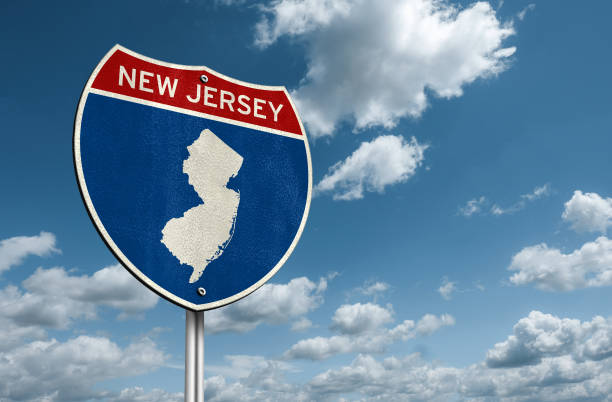New Jersey Expands Pay Transparency with Mandatory Promotion Notifications
Last Updated on May 8, 2025
Effective June 1, 2025, a new law in New Jersey will require employers to notify employees about promotional opportunities before filling the position. This significant shift in employment law is part of the state’s broader initiative to enhance pay transparency and reduce workplace inequities.
At MyHRConcierge, we are committed to keeping our clients ahead of legislative changes that impact their HR practices. Below is a summary of what employers need to know and how to prepare.
Overview of the New Jersey Internal Promotion Notification Law
Under the new legislation (signed into law on November 18, 2024), New Jersey employers with 10 or more employees over 20 calendar weeks will be required to make “reasonable efforts” to notify all employees in the same department as the open position of any promotional opportunity.
Key Provisions:
- Mandatory Internal Notifications: Before a promotion is made, employers must inform all eligible employees in the affected department(s) of the opportunity.
- Definition of Promotion: A promotion is defined as a change in job title that includes an increase in pay. This encompasses both vertical and lateral career moves that come with compensation adjustments.
- Scope of Notification: Notices must be distributed using a method that reasonably ensures all relevant employees are made aware (e.g., email, physical notices, etc.).
- Timeliness: Notification must occur before the promotion decision is finalized, allowing interested internal candidates a chance to apply or express interest.
Who Is Impacted?
This law applies to New Jersey employers that:
- Employ at least 10 individuals over 20 or more calendar weeks.
- Operate in New Jersey or accept applications for New Jersey-based positions.
- Use job placement or referral agencies for hiring or promotional processes.
Exceptions to the New Jersey Internal Promotion Notification Law
There are limited exceptions where employers are not required to provide internal notifications, including:
- Promotions based solely on time served or performance benchmarks.
- Promotions that are made urgently due to unforeseen circumstances, such as staffing emergencies.
Penalties for Noncompliance
Failure to comply with the promotion notification requirements may result in civil penalties:
- Up to $300 for a first violation.
- Up to $600 for each subsequent violation.
If an employer fails to meet the disclosure requirements for a specific promotion, new job or transfer, it will be treated as a single violation- regardless of how many platforms or postings are involved.
What Employers Should Do Now
- Review Current Promotion Practices: Assess whether promotions are typically communicated to all eligible staff before being awarded.
- Update Job Posting Policies: Ensure that all promotional opportunities are documented and distributed according to the law’s requirements.
- Train Managers and HR Personnel: Provide training on the new obligations to those responsible for talent management and promotions.
- Implement Notification Systems: Consider leveraging internal communication platforms, such as company emails or bulletin boards, to streamline compliance.
Partnering for Compliance
This law reflects a growing trend toward workplace transparency and fairness. Employers should view it as an opportunity to strengthen internal communication and employee engagement.
As pay transparency laws continue to evolve across the United States, businesses must adapt to the changing landscape. MyHRConcierge can help ease pains when it comes to compliance, and can help ensure that your organization stays up-to-date on changing laws and regulations. For more information, contact MyHRConcierge at ccooley@myhrconcierge.com, 855-538-6947 ext. 108. Or, schedule a free consultation below:

